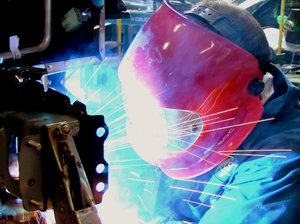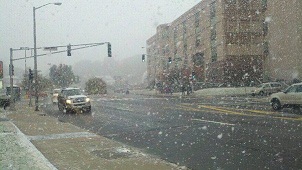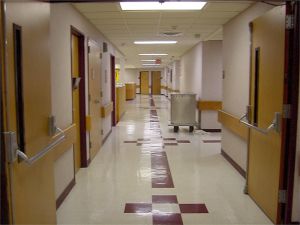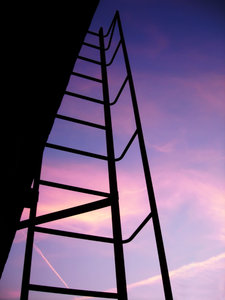Two years ago, the world watched, riveted by the rescue of 33 Chilean miners, trapped deep in the earth’s bowels for months after the mine they were working in collapsed.
At the time, some in the U.S. may have expected that regulations in the U.S. would help prevent such a workplace cave-in accident from unfolding here, either in Boston or elsewhere.
However, two recent cases in neighboring states illustrate that is not an assumption Massachusetts workers can afford to make.

The first case is reported out of New Hampshire, where an Ashland employer is facing more than $51,000 in fines for a host of safety violations, namely involving cave-in risks for crews installing pipe at an affordable housing project. The second case involves a Hartford, Conn. construction company that is looking at almost $170,000 in penalties for cave-in risks to workers installing a sewer line along the roadway.
Overseeing both investigations is the U.S. Occupational Safety and Health Administration.
In the Penney Construction Co. LLC, which OSHA found placed workers in the path of serious injury by failing to enact proper trench protection. Not only that, but an unsupported sidewalk and catch basin were overhanging the trench, posing even greater risk to workers.
What’s worse, OSHA says the company continued to send workers into that trench, even after they had been warned of the dangers by safety officials.
Paul Mangiafico, OSHA’s area director there, said Penney repeatedly put its workers at risk, saying they could have been crushed or buried alive in a matter of seconds.
Our Boston workers’ compensation attorneys believe that all employees deserve to have employers who are diligent about protecting their safety.
Continue reading
 Massachusetts Workers Compensation Lawyers Blog
Massachusetts Workers Compensation Lawyers Blog


 The roofing company, based in Reading, Massachusetts, is facing a penalty of more than $40,000 in fines for the precarious positions in which their employees were placed.
The roofing company, based in Reading, Massachusetts, is facing a penalty of more than $40,000 in fines for the precarious positions in which their employees were placed.





